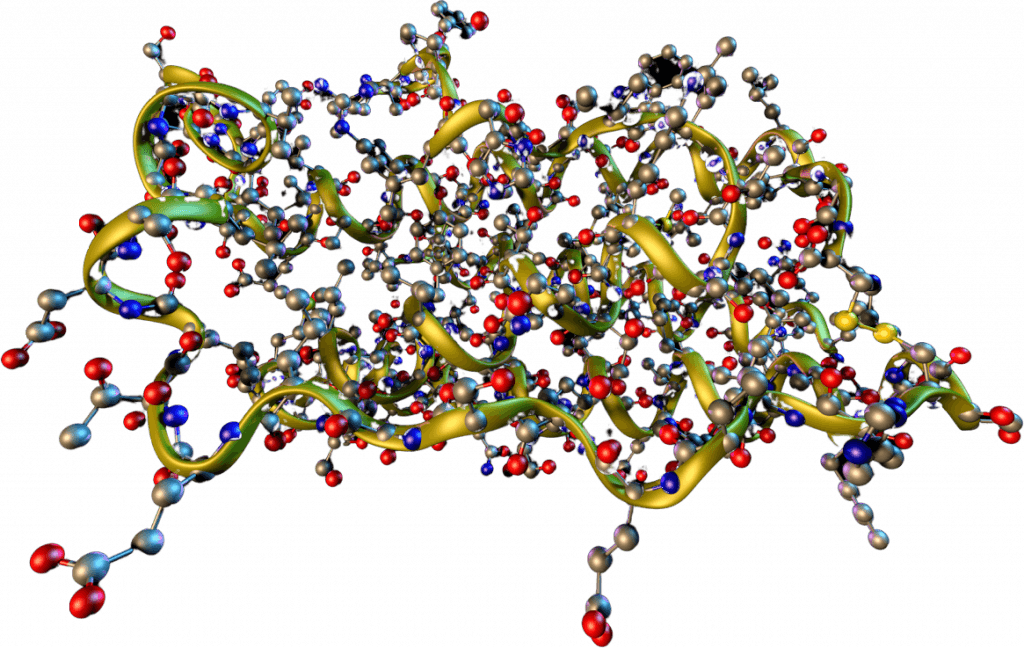Targeting Leptin Resistance
Obesity is a complex chronic disease with genetic and biological factors at its core. While several pharmaceutical and biotech companies have tried to address obesity through pharmacotherapy, there remains an unmet need for therapies that are safe, well-tolerated, and deliver the level of efficacy that is needed. ERX Pharmaceuticals is developing first-in-class leptin sensitizers as a therapeutic approach to overcome the state of leptin resistance in obesity.

Leptin, the Master Regulator of Body Weight
The discovery of leptin 25 years ago opened a new chapter in our understanding of the biological mechanisms of obesity, and the possibility of developing a treatment for obesity. Leptin is a hormone produced by fat cells that mediates body weight by telling the brain whether to eat more or less and how much energy to expend. Leptin is produced in proportion to body fat stores – increased body fat leads to greater circulating leptin levels.
When the leptin system is functioning properly, higher levels of leptin signal the brain to reduce food intake and increase energy expenditure, thus preventing a subject from gaining weight above a certain “set point range.” Similarly, lower levels of leptin signal the brain to increase food intake and decrease energy expenditure, thus maintaining an individual’s weight in a healthy range. To early researchers, this suggested that leptin could be a key to treating obesity.
Leptin Resistance and Sensitization
Research in animal models of obesity and in obese humans has shown that exogenous administration of leptin as a treatment is ineffective in creating a sense of fullness or suppressing food intake and fails to lead directly to body weight loss in the majority of the population. These findings led to the notion that obesity in the general population, which generally has high circulating leptin levels, is a condition not of leptin deficiency, but rather one of leptin resistance.
Therefore, a leptin sensitizer, which would sensitize the body to the effects of leptin in circulation, could have great potential to treat obesity and related diseases in humans. This approach carries similarities to insulin sensitizers in the treatment of diabetes, in which patients with type 2 diabetes have high circulating levels of insulin, but a limited or dysregulated response to the available insulin.
To learn more, see related references

What is a Leptin Sensitizer?
A leptin sensitizer must meet several criteria and demonstrate certain pharmacodynamic effects.
- It should demonstrate decreased food intake and weight loss in diet-induced obese (DIO) mice.
- It should not work in leptin deficient obese mice, because leptin is required for a leptin sensitizer to work.
- It should not work in mice with high circulating levels of leptin but a non-functional leptin receptor.
- It should have minimal or no effect in non-obese mice, which are already leptin sensitive and have normal leptin levels.
ERX has generated a library of compounds that are achieving these and other in vitro and in vivo criteria. Compounds demonstrating these properties preclinically and meeting key safety criteria may be advanced into the clinic, to begin characterizing their effects in humans.
See our pipeline
Leptin Sensitizers in Humans
In humans, a leptin sensitizer would need to be safe and well tolerated, effective in decreasing appetite and food intake, and would not result in the decrease in energy expenditure typically seen in weight loss – thereby leading to clinically meaningful, sustained weight loss in patients.
ERX’s initial drug candidate, ERX-1000, a first-in-class leptin sensitizer, recently completed a first-in-human Phase 1, double-blind, placebo-controlled, single and multiple oral dose study in healthy obese and non-obese subjects.